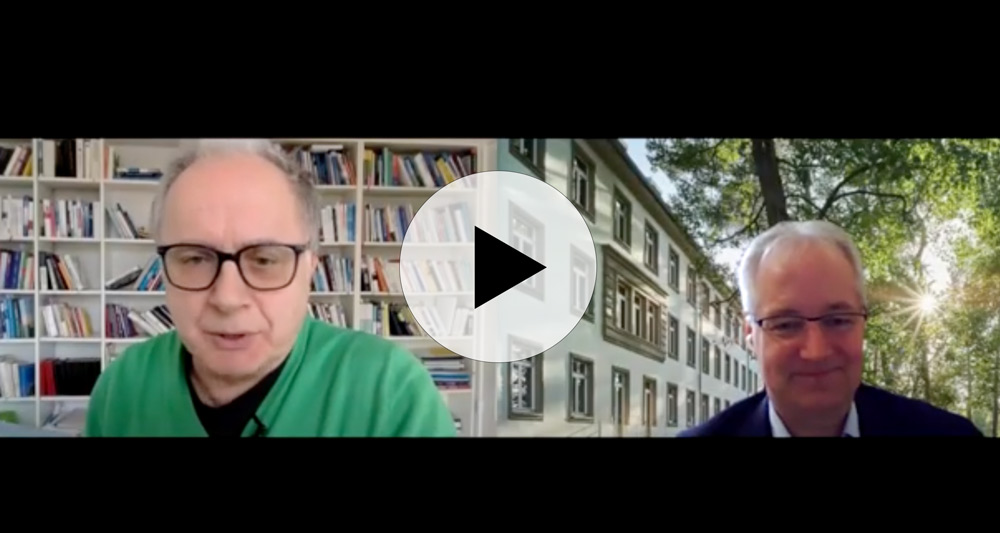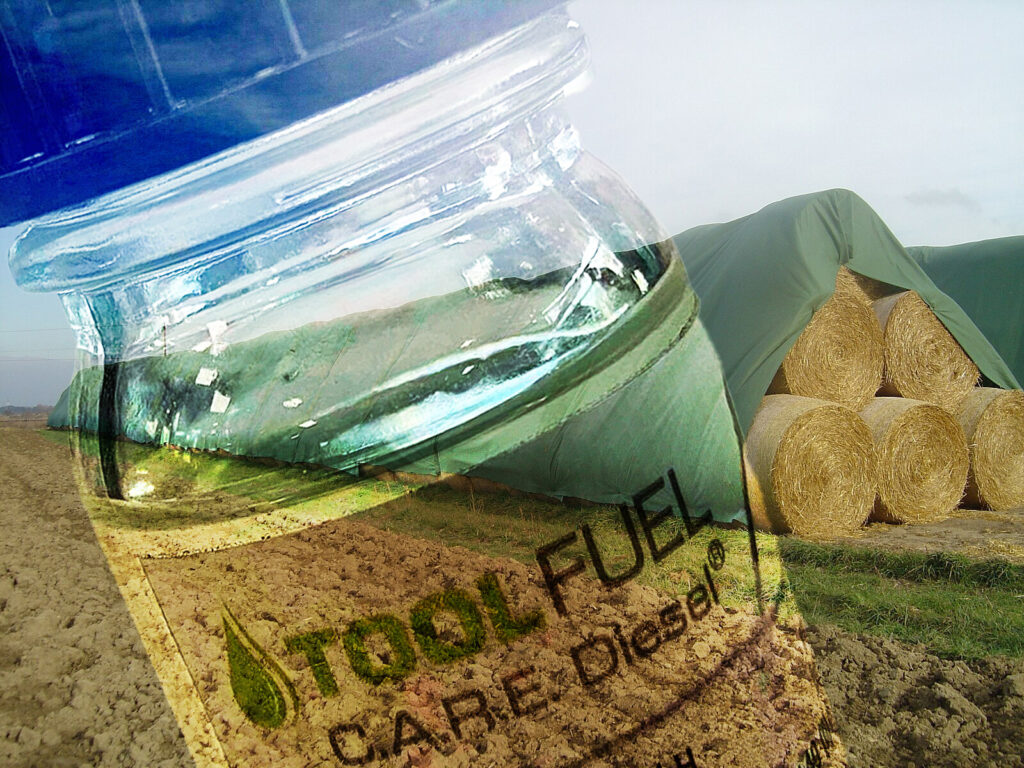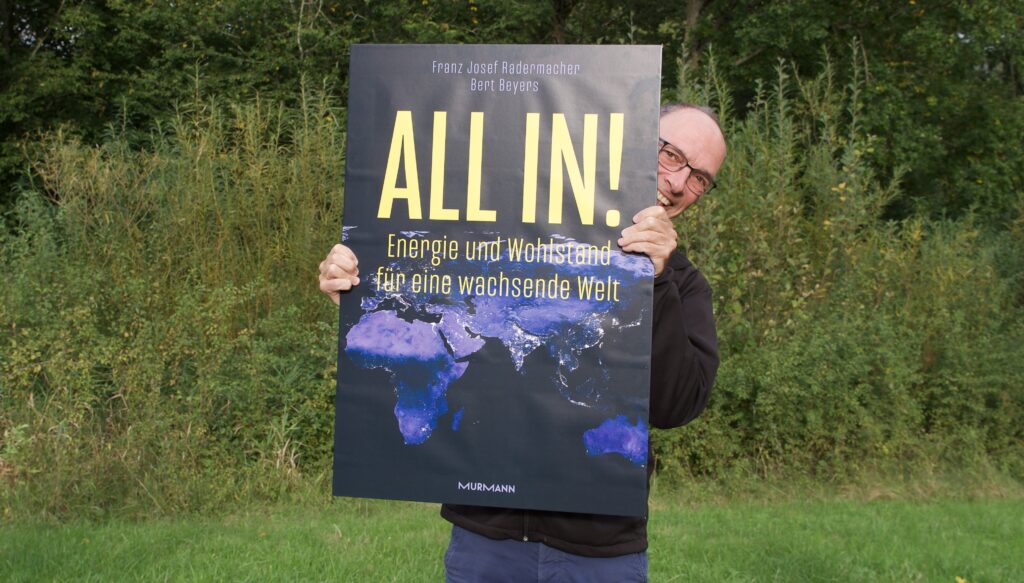There has been a real breakthrough for climate-friendly fuels in Germany. The Federal Council has decided that HVO 100 can be sold freely at petrol stations from mid-April. The regenerative diesel fuel reduces CO2 emissions by up to 90 per cent. Our focus topic HVO includes a
- Joint paper by GES and efuelsnowInterview with Olaf Toedter from the Karlsruhe Institute of Technology and a
- Joint paper by GES and efuelsnow

The authorisation of HVO was preceded by years of political dispute in Germany. In other European countries – such as the Netherlands, Italy and Scandinavia – the fuel has been part of everyday life for years. We answer the most important questions in the articles in this newsletter:
- What is HVO? The fuel is obtained from biological residues (e.g. cooking fats, waste oils) – unlike e-fuels, which are electricity-based and will only be available on the market in a few years’ time.
- Is HVO more expensive than fossil fuel? Yes, about 15 to 20 cents per litre. In Italy, however, the costs are on a par with fossil diesel, thanks to tax breaks.
- Are there quality differences between HVO and fossil diesel? Minor, but in practice this is not noticeable. HVO is fully compatible with most diesel engines.
- How great is the potential of HVO? Significant, but there are different figures depending on the authorised raw material base. Biomass that can be processed into food must be excluded.
- How big is the CO2 saving effect of HVO compared to conventional diesel? Around 90 per cent. That is significantly better than an electric vehicle fuelling up with the current German electricity mix.
- What are the advantages of HVO? The fuel can be used immediately. And it can be used within the existing infrastructure: vehicles, petrol stations, logistics, etc. HVO is also a climate-friendly solution for lorries that are hardly suitable for electromobility. If HVO were to replace five to ten percent of fossil diesel in Germany, 4.5 to 9 million tonnes of CO2 could be avoided every year.
The decision to start selling HVO in Germany opens the door to the important market for low-carbon fuels. From GES’s point of view, they are a decisive lever for achieving the climate targets in Germany, Europe and worldwide. For this reason, the market launch of low-carbon fuels (such as HVO) should not be made any more difficult by German policy or the EU Commission. The de facto ban on combustion engines in Europe from 2035 must be dropped!


